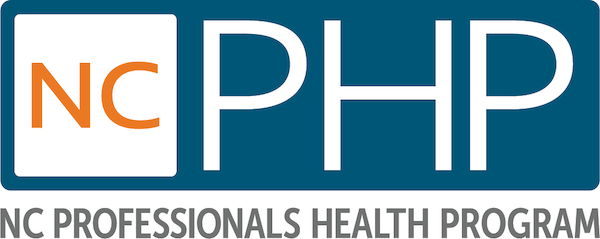22 Jun The Very Real Connections Between Job-Related Burnout and Suicide – by Clark Gaither, MD, MRO, FAAFP
It seems not a week goes by now without news of a celebrity who has committed suicide, Kate Spade and Anthony Bourdain being the two most recent celebrities. Sometimes suicide touches our lives more profoundly, more personally, because the victim was close to us. All across the US, suicide rates are climbing. Why? It would be foolish to point to a single cause for an issue so complex and with so many variables. Like most complex effects, the cause for rising suicide rates is multifactorial.
With absolutely certainty, though, I can tell you this. Job-related burnout rates are rapidly rising amongst many professionals such as healthcare providers, teachers, social workers, fire fighters, police officers, financial analysts, lawyers, and dentists with suicide rates rising right alongside them in near parallel course. The reasons for this association are readily apparent. Burnout produces a sense of helplessness and hopelessness, two key symptoms of depression. Is it any wonder the incidence of depression and suicide are higher in individuals who are burned out versus those who are just overly stressed? And wherever rates of depression are highest and most severe, the rates of suicide are also highest.

A Better Work/Life Balance
Is Essential
Burnout causes individuals to disengage from clients, customers, patients, co-workers, and eventually even family members. The resulting feeling is one of isolation. Loneliness replaces connection through detachment. With burnout the positive emotions are blunted. About the only emotions which are fed and even stoked are those of anger and resentment, because the promises of enjoyable work and a bright future become circumvented by the major underlying causes of burnout. Burnout leads to loss of motivation, ideals and hope, engendering a certain mindset which becomes a trap. It is a mindset which does not easily allow the affected individual to consider viable job/career choice alternatives.
People will become paralyzed by burnout, not by indecision. The decision is made to stay in the misery of their current job circumstances over and over again, which to them seems less scary and requires less energy than needed change. But this feeds on itself as symptoms inevitably worsen. Much different from stress, where the damage is primarily physical, the primary damage from burnout is emotional. It becomes impossible to lead a life of happiness and passion driven purpose if you are burned out at work. Perhaps most depressing of all, somewhere around 10% of people end up choosing either the wrong job within a career or the wrong career entirely. Imagine dedicating years of effort toward learning and obtaining a degree, graduating with an enormous debt load, getting a job in your chosen profession, only to discover you absolutely hate what you chose as a career. This comes as a quite a shock when the big realization sets in—I’m going to be doing this the rest of my life!? These individuals burn out quickly due to the conflicting values between their internal guide, talents, and abilities versus the career they’ve chosen.
Being unable to use their natural set of talents and abilities in a way that brings personal satisfaction, leads to the loss of a sense of personal accomplishment, one of the three hallmarks of burnout. This scenario can become utterly demoralizing as burned out individuals come to feel completely trapped, which leads to detachment which leads to isolation which leads to worsening depression and so on. Left unchecked, burnout will make life seem not worth living and increase their risk of suicide.
As an aside, individuals inadvertently amplify the symptoms of burnout with drugs, alcohol, or other addictive behaviors as they attempt to lessen the emotional impact of burnout. Since drug and alcohol use/addiction negatively impacts the central nervous system and causes depression, this can result in a downward spiral toward total, uncontrolled self-destruction as the symptoms of burnout increase and the depression deepens.
Burnout is a very real, harmful, and potentially dangerous workplace malady, but it doesn’t have to be this way. Job-related burnout can be mitigated, alleviated, eliminated, and prevented. A workplace which fosters engagement instead will lessen the risk of depression and suicide, decrease employee turnover, decrease customer and employee complaints, and result in improved products and services.
If you are feel as though you are burning out, are burned out, depressed, or even suicidal, please, please, reach out to a friend, family member, colleague or mental health professional. Accept that your current feelings can and will change, and that you will feel much differently with adequate care and support. If you know someone who appears to be struggling, please reach out to them. Ask them how they are doing. Offer genuine concern and let them know how much you care. If you are a silently suffering physician, PA, pharmacist, pharmacy technician, veterinarian, or veterinary technician, the team at NCPHP stands ready to assist you with confidential and compassionate care. Your family needs you, your staff needs you, and your patients need you. Please contact NCPHP at 919-870-4480.

